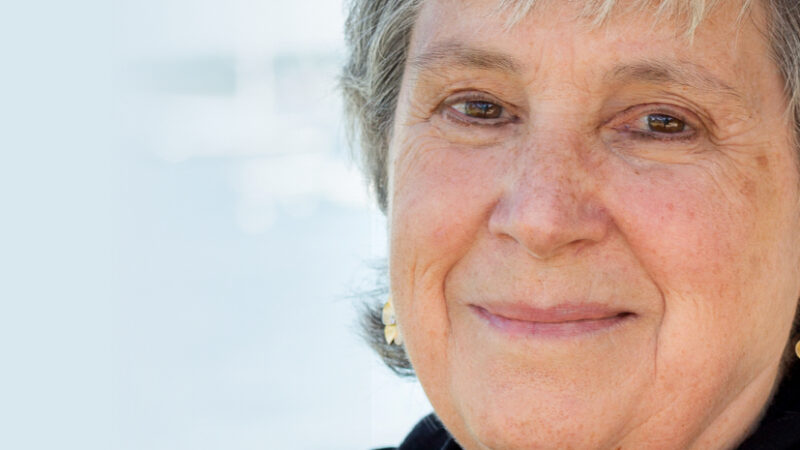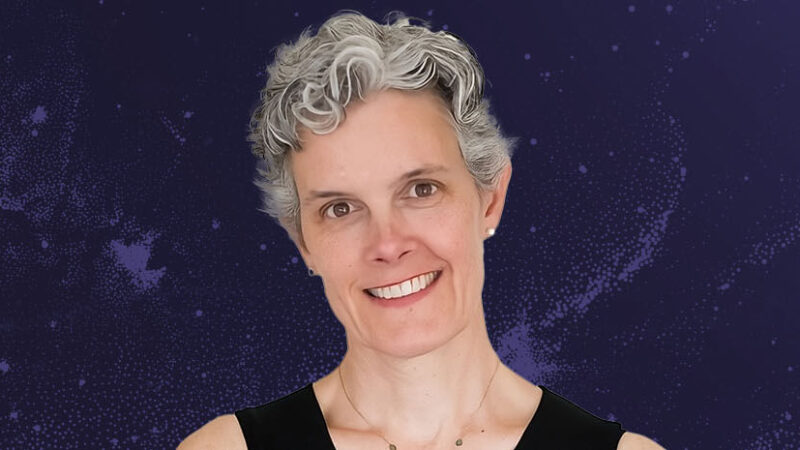How well do you know your nervous system? Deb Dana is a clinician and consultant specializing in complex trauma, and is the coordinator of the Kinsey Institute Traumatic Stress Research Consortium. Her work at the Kinsey Institute is focused on using the lens of Polyvagal Theory to understand and resolve the impact of trauma, and create approaches that honor the role of the autonomic nervous system. With Sounds True, Deb has created a new audio program called Befriending Your Nervous System: Looking Through the Lens of Polyvagal Theory. In this podcast, Deb offers an introduction to the human nervous system, how Polyvagal Theory informs our understanding of the nervous system, how to manage the state known as “dysregulation,” and more.






